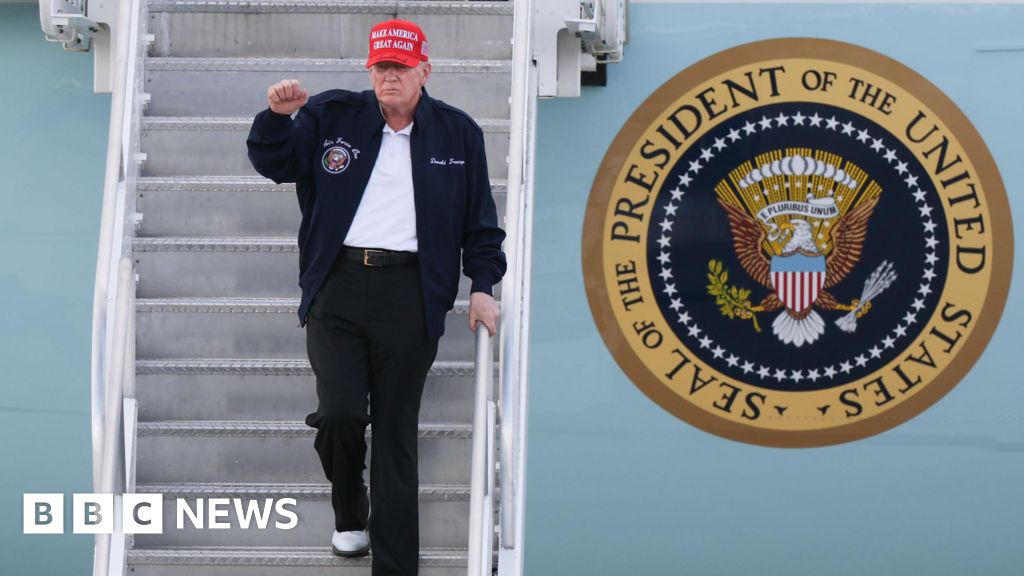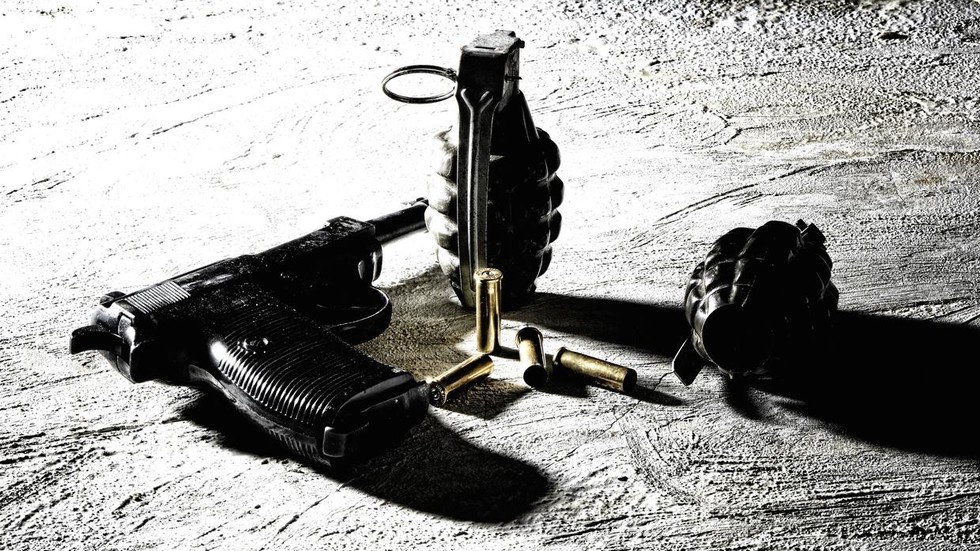MUNICH -- Finland's president on Sunday urged the rearming of Ukraine and putting “maximum pressure on Russia” through sanctions and asset freezes in the run-up to possible negotiations sought by the U.S. on ending the war.
Alexander Stubb and other European leaders at the final day of the Munich Security Conference on Sunday sought to firm up how the European Union can move from talk to more action and stay relevant as Washington pushes to stop the fighting. He laid out three phases: “pre-negotiation,” ceasefire and long-term peace negotiation.
“The first phase is the pre-negotiation, and this is a moment when we need to rearm Ukraine and put maximum pressure on Russia, which means sanctions, which means frozen assets, so that Ukraine begins these negotiations from a position of strength," he said.
U.S. President Donald Trump's push for a quick way out of the Ukraine war has stirred concern and uncertainty in Munich. After a phone call with Russian President Vladimir Putin last week, Trump said he and Putin would likely meet soon to negotiate a peace deal over Ukraine. Trump later assured Zelenskyy he also would have a seat at the table. U.S. officials have indicated that European nations, however, would not be involved.
“Don’t underestimate Trump as a negotiator, I genuinely believe that Putin is baffled and afraid what might be coming from there," Stubb said. "Right now, the ball is in our court here in Europe. We need to convince the Americans where’s the value added, and then get back into the table.”
“I think in Europe we need to talk less and do more,” he added later.
President Edgars Rinkēvičs of Latvia, which like Finland borders Russia, agreed that “if we are strong, if we have something to offer ... then we are going to be interesting to the United States. If you are just continue having those nice conferences, talking and whining, then we are not going to be interesting to our own publics very soon.”
The three-day conference was a hub of crisscrossing diplomacy on issues of politics, economics, and defense and security, with top envoys on hand from places as diverse as Syria and Saudi Arabia, and Japan and South Korea, as well as many European leaders.
On Saturday, Ukrainian President Volodymyr Zelenskyy called for the creation of an “ armed forces of Europe " to better stand up to an expansionist Russia that could threaten the European Union, too.
He also said he directed his ministers not to sign off on a proposed agreement to give the United States access to Ukraine’s rare earth minerals because the document was too focused on U.S. interests.
The proposal was a key part of his talks with U.S. Vice President JD Vance on the sidelines of the Munich event, according to one current and one former senior Ukrainian official familiar with the talks. Zelenskyy’s decision not to sign a deal, at least for now, was described as “short-sighted” by a senior White House official.
Also Saturday, Japanese Foreign Minister Takeshi Iwaya told reporters in Munich that he has asked U.S. Secretary of State Marco Rubio to exclude Japan from steel and aluminum tariffs as well as from reciprocal tariff measures.
Iwaya, who had a brief chat with the top U.S. diplomat on the sidelines of the conference, said he also “raised the issue” of auto tariffs, though he gave no further details. If imposed, the impact of auto tariffs on the Japanese auto industry would be huge, experts say.
___
Associated Press writer Jamey Keaten in Lyon, France, contributed to this report.

 3 days ago
6
3 days ago
6









